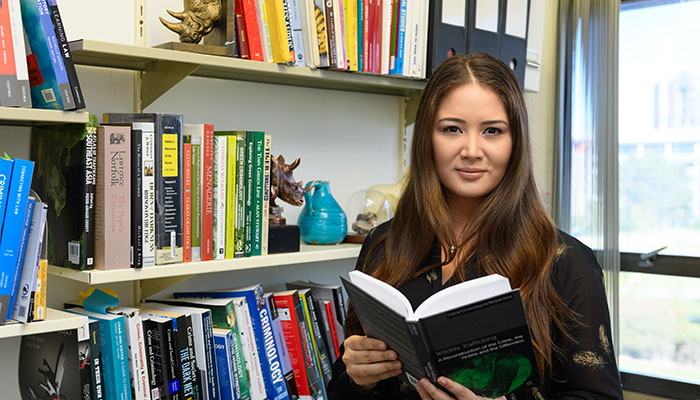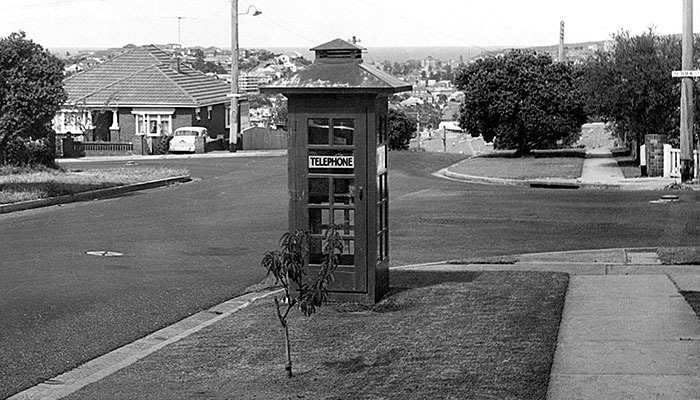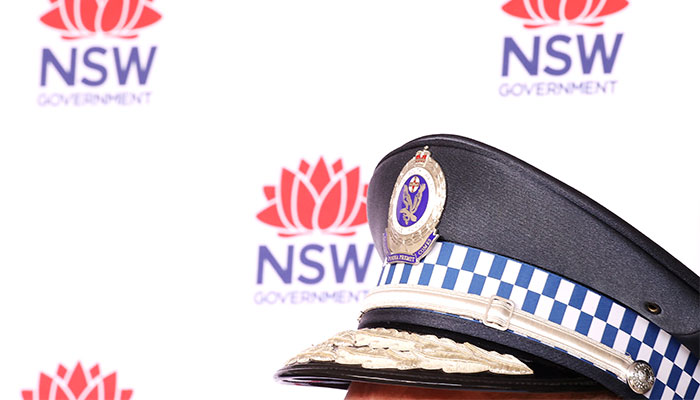As further amendments to the Crimes Act 1900 (NSW) come into force as part of the NSW Government’s resounding response to the Royal Commission into Institutional Responses to Child Sexual Abuse, parents and carers aiming to plug-in and keep pace with their children’s sexual development have been given a small reprieve in the form of clearer laws on ‘sexting’ and sexual activity involving under 16s.
Sexting and a ‘defence of similar age’
Teens may now access a limited ‘sexting’ defence to decrease the risk of children being prosecuted for ‘producing, disseminating or possessing child abuse material’ if they were under 18 at the time and a reasonable person would consider their possession acceptable. A ‘defence of similar age’ (known as a ‘Romeo and Juliet’ clause in some foreign jurisdictions) has also been introduced to effectively protect children from prosecution for voluntary sexual acts between persons aged 14 years or older and another who is no more than two years older.
... the overall reform package delivered by the NSW Government provides some of the most exhaustive, ground-breaking, and evidence-based reforms to child sexual abuse legislation in Australian history.
However, while the above provisions aim to limit culpability in certain circumstances, the overall reform package delivered by the NSW Government provides some of the most exhaustive, ground-breaking, and evidence-based reforms to child sexual abuse legislation in Australian history.
The new laws at a glance
Touted by Attorney General Mark Speakman as offering ‘a suite of reforms, including new offences, improved offences and procedural amendments’, the Criminal Legislation Amendment (Child Sexual Abuse) Act 2018 (NSW) ticks all the boxes for legislative improvement in this arena, to: better acknowledge the impact and harm of child abuse, recognise additional types of offending, reflect changing community values and respond to court decisions.
“The NSW Government is putting the safety of children front and centre and fixing shortcomings in the law identified by the Royal Commission into Institutional Responses to Child Sexual Abuse”- Attorney General Mark Speakman
The reforms offer a more proactive response to child sexual abuse by expanding liability beyond sexual offending and criminalising behavior that has the potential to facilitate abuse. For example, adults performing child-related work (including child protection services, educational institutions and religious organisations) face two years imprisonment for failing to reduce or remove a risk of a child becoming a victim of child abuse.
Additionally, all adults are required to report information to police if they know, believe, or reasonably ought to know that a child is being abused.
Additionally, all adults are required to report information to police if they know, believe, or reasonably ought to know that a child is being abused. In situations where a person is found to have accepted a benefit in exchange for their silence on a child abuse incident, they now face up to five years' imprisonment. Persistent child sexual abusers (adults who engage in two or more sexual acts with a child under 16) now face a maximum sentence of life imprisonment, an increase from the previous maximum of 25 years.
By way of changes to terminology, the offences of ‘indecent assault’ and ‘act of indecency’ are now ‘sexual touching’ and ‘sexual act’ respectively, and significantly, the Act recognises a new offence of sexual touching within a special care relationship encompassing inappropriate sexual contact by a parent, teacher, custodial officer or health professional or where the alleged offender provides religious, sporting, musical or other instruction to the alleged victim.
* Anyone with an email inbox can be a victim of image-based abuse
Owing largely to the expert and survivor testimony before the royal commission, lawmakers have demonstrated a more attuned trauma-informed understanding of how predators behave by creating an offence of grooming a person (eg a parent or carer) to gain access to a child for sexual purposes while broadening existing laws to criminalise offering a child material or financial benefit to engage in sexual activity where it previously applied exclusively to offering intoxicating substances or indecent material (such as pornography).
These changes more accurately reflect the troubling reality of abuse typologies, where a significant proportion of predators manipulate close ties to a child or their caregiver to not only carry out unlawful sexual acts, but to maintain silence after the fact.
The overhaul of child abuse laws has already done its job in raising the profile of child sexual abuse in public discourse, encouraging truth-telling, dispelling shame for survivors and unmasking the unspeakable cruelty of predators who are now firmly in the sights of criminal law.
Increasing chances of justice for survivors
While these new laws seek to prevent harm to children moving forward, the reforms have not forgotten survivors of historical child sexual abuse which remain some of the hardest cases to prosecute. Historical child abuse offences are now sentenced against today’s standards rather than those at the time of commission, ‘good character’ may no longer be raised as a mitigating factor in sentencing where their ‘good character’ assisted in perpetrating the abuse, and judges can now provide juries information about how trauma affects a survivor’s memory to explain differing accounts of abuse, demonstrably increasing the likelihood of the prosecution meeting its burden of proof.
Taken together, the government’s overhaul of child abuse laws bears all the hallmarks of effective stakeholder-centred reform and has already done its job in raising the profile of child sexual abuse in public discourse, encouraging truth-telling and dispelling shame for survivors, and unmasking the unspeakable cruelty of predators who are now firmly in the sights of criminal law.
Need support?
The NSW Government encourages survivors of child sexual or physical assault to access confidential counselling throughout the Victims Support Scheme
Other support services include:
Lifeline 13 11 14
Victim’s Access Line 1800 633 063
Survivors & Mates Support Network 1800 472676
Child Protection Helpline 132 111
Blue Knot Foundation 1300 657 380




